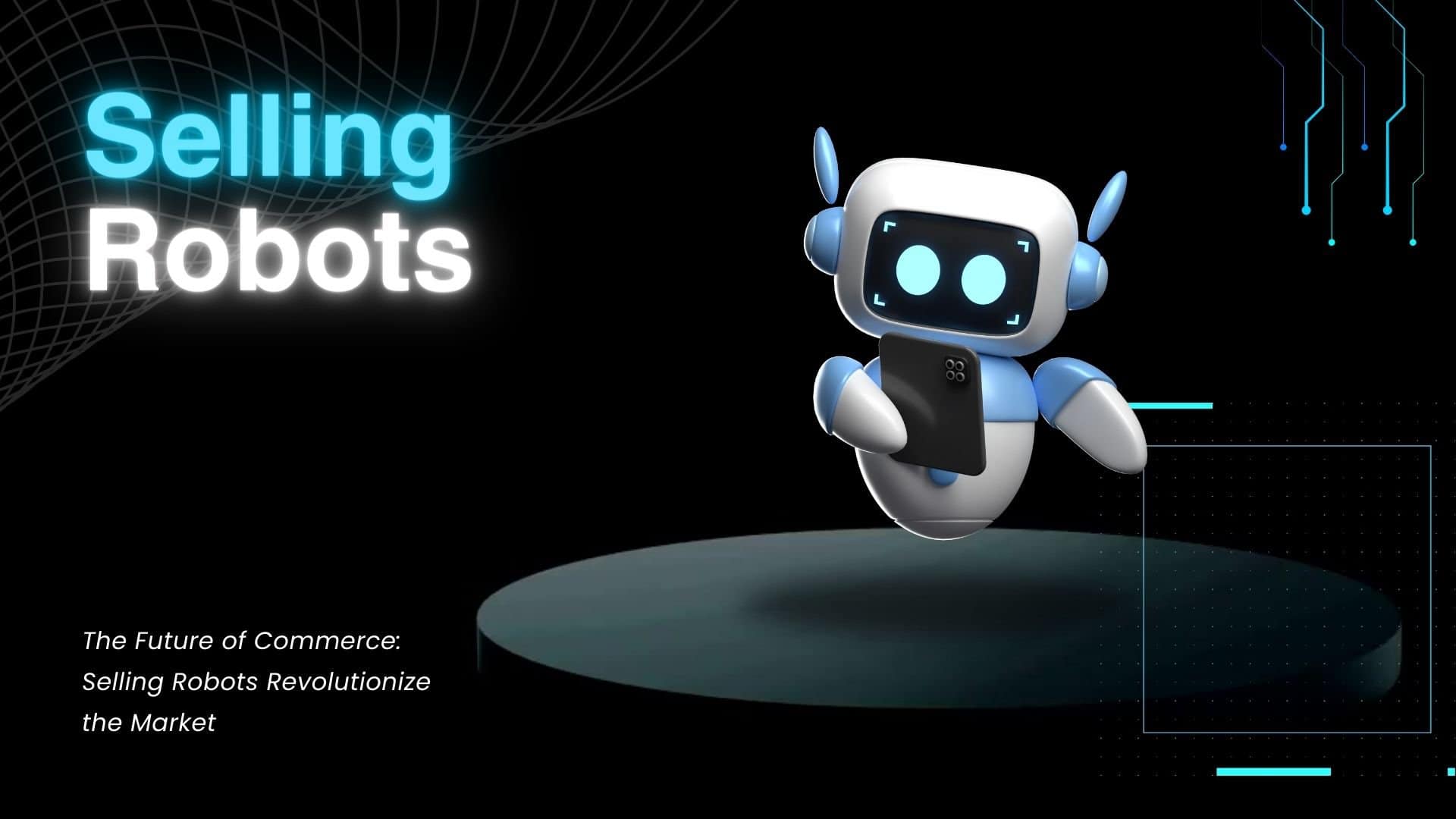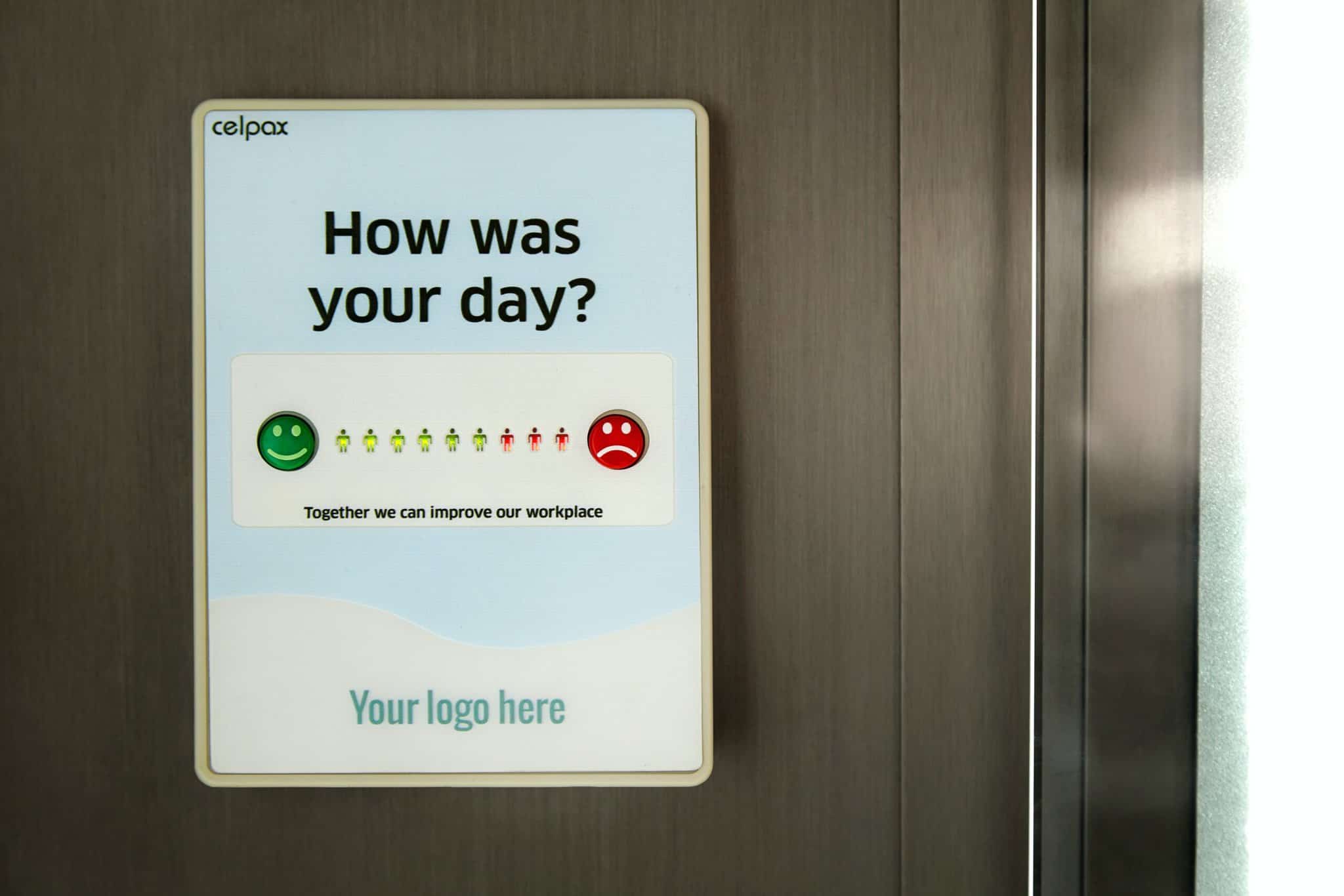In the ever-evolving world of technology, the concept of “selling robots” has emerged as a groundbreaking trend, transforming how businesses interact with customers and handle sales. This shift towards automated sales processes isn’t just a futuristic fantasy; it’s a present reality reshaping the commercial landscape.
The Emergence of Selling Robots
The journey began with simple automated tools designed to assist human sales teams. However, recent advancements in artificial intelligence (AI) and robotics have elevated these tools to a whole new level. Today, selling robots are not just aids; they are integral components of sales strategies in various industries.
These robots, equipped with advanced AI algorithms, can analyze customer data, predict buying patterns, and even engage in interactive conversations with potential buyers. Their ability to learn and adapt to different sales scenarios makes them invaluable assets for businesses looking to streamline their sales processes.
Impact on the Retail Industry
One of the most significant impacts has been observed in the retail sector. Here, robots are used for a range of tasks from managing inventory to providing personalized shopping experiences for customers. In some stores, robots greet customers, guide them through product selections, and process transactions, offering a seamless shopping experience.
This automation not only enhances customer satisfaction but also allows human employees to focus on more complex tasks, thereby increasing overall productivity and efficiency.
Selling Robots in Online Commerce
The influence extends beyond physical stores into the realm of online commerce. E-commerce platforms are increasingly employing chatbots and virtual assistants to interact with customers. These AI-driven robots can handle inquiries, recommend products based on browsing history, and even assist in the checkout process.
By providing round-the-clock service, these help online stores cater to a global audience, irrespective of time zones or geographical barriers.
Ethical Considerations and Customer Trust
As with any technological advancement, the rise of selling robots raises ethical questions, particularly regarding customer privacy and data security. Ensuring that these robots are programmed to respect customer privacy and handle data securely is crucial in maintaining trust.
Moreover, businesses must strike a balance between automation and human touch. While robots can handle routine tasks efficiently, human empathy and understanding remain irreplaceable in certain complex customer interactions.
The Future of Selling Robots
Looking ahead, the potential of selling robots is vast. With continuous improvements in AI and machine learning, these robots are expected to become more sophisticated, capable of handling increasingly complex sales tasks. They might soon be able to predict market trends, devise sales strategies, and even negotiate deals.
In conclusion, selling robots are not just a passing trend but a pivotal element in the future of sales and commerce. As they become more integrated into business operations, they promise to revolutionize the way products and services are sold, offering unparalleled efficiency and a new level of customer interaction. However, navigating this new landscape will require businesses to balance technological innovation with ethical considerations and the human element that remains at the heart of every transaction.
Vparagon specializes in selling robotic solutions.
The Future of Commerce: Selling Robots Revolutionize the Market
The advent of “selling robots” marks a pivotal shift in the landscape of commerce and customer engagement. As technology advances at a breakneck pace, these automated sales assistants are not just futuristic concepts but real-world solutions reshaping the dynamics of market interactions today.
The Emergence of Selling Robots
The journey of selling robots has transitioned from rudimentary automated tools aiding human sales teams to sophisticated entities powered by advanced artificial intelligence (AI) and robotics. These robots are redefining sales strategies across various sectors with their capacity to analyze customer data, predict buying patterns, and engage interactively with potential buyers. Their adaptive learning abilities make them indispensable for businesses aiming to streamline sales processes and enhance efficiency.
Transforming Retail with Automation
The retail sector has witnessed a substantial impact from the integration of selling robots. These automated assistants perform a range of tasks, from inventory management to delivering personalized shopping experiences. In some retail environments, robots greet customers, assist in product selection, and even facilitate transactions, revolutionizing the traditional shopping experience.
This shift not only boosts customer satisfaction but also frees human employees to focus on more complex and creative tasks, thus enhancing overall productivity. The presence of selling robots in retail environments also helps in collecting valuable customer data, enabling businesses to tailor their offerings more effectively.
Selling Robots in Online Commerce
Beyond physical storefronts, selling robots have profoundly influenced online commerce. E-commerce platforms leverage chatbots and virtual assistants to provide continuous interaction with customers. These AI-driven entities handle inquiries, offer product recommendations based on user history, and assist in the checkout process, facilitating a seamless online shopping experience.
The implementation in e-commerce ensures uninterrupted service availability, catering to a global audience across different time zones and geographical boundaries. This 24/7 accessibility is a significant advantage in today’s fast-paced digital world, where prompt responses and instant gratification are highly valued by consumers.
Automation in B2B Sales
The influence extends into the realm of business-to-business (B2B) sales. In this sector, robots are instrumental in streamlining complex sales processes, managing large inventories, and maintaining detailed records of client interactions and preferences. By automating repetitive tasks, these robots allow sales teams to focus on building relationships and strategizing for more significant deals, thereby increasing overall efficiency and effectiveness in the B2B sphere.
Customization and Personalization
One of the most remarkable capabilities of selling robots specially for sales outsourcing companies is their ability to offer personalized customer experiences. By analyzing customer data and previous interactions, robots can tailor recommendations and services to individual preferences, enhancing customer satisfaction and loyalty. This level of personalization was once only achievable through human interaction but is now increasingly being replicated by sophisticated AI systems.
Challenges and Ethical Considerations
Despite the numerous benefits, the rise of selling robots also presents challenges, particularly in the realms of ethics and employment. There are concerns about data privacy, job displacement, and the loss of human touch in customer service. Ensuring that selling robots are designed and programmed ethically, with a focus on augmenting rather than replacing human workers, is crucial.
Moreover, transparency in how these robots collect and use customer data is vital in maintaining public trust. Businesses must navigate these challenges carefully, ensuring that their use of selling robots aligns with ethical standards and societal expectations.
The Future Outlook
The future trajectory of selling robots is set to be more dynamic and integrated. With continuous advancements in AI, machine learning, and robotics, these entities are expected to become even more sophisticated. Future selling robots could autonomously predict market trends, develop sales strategies, and even negotiate complex deals, further blurring the lines between human and machine capabilities in commerce.
Conclusion
Selling robots represent a transformative force in the world of commerce and customer engagement. As businesses continue to adopt and integrate these automated systems, they will unlock new levels of efficiency, customization, and market reach. However, this journey must be navigated with a keen awareness of ethical considerations and a commitment to maintaining the human element that remains central to commerce. Selling robots are not just tools for the present but are shaping the future landscape of sales and customer interaction.







